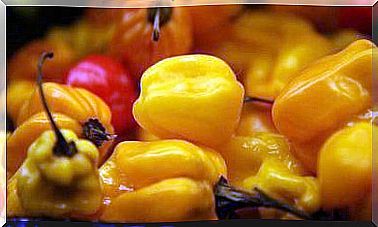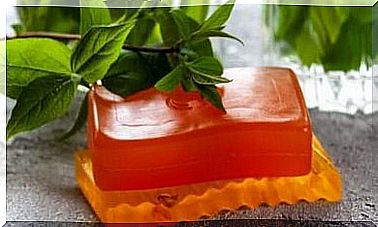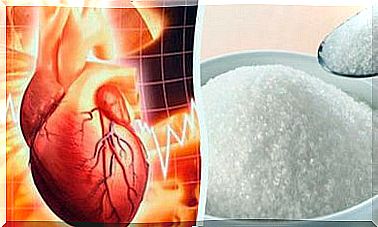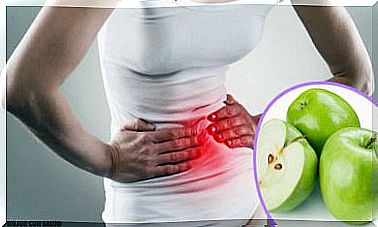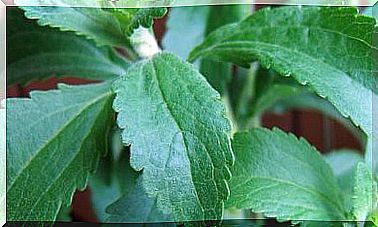Vegetable Protein Foods Ideal For Vegans
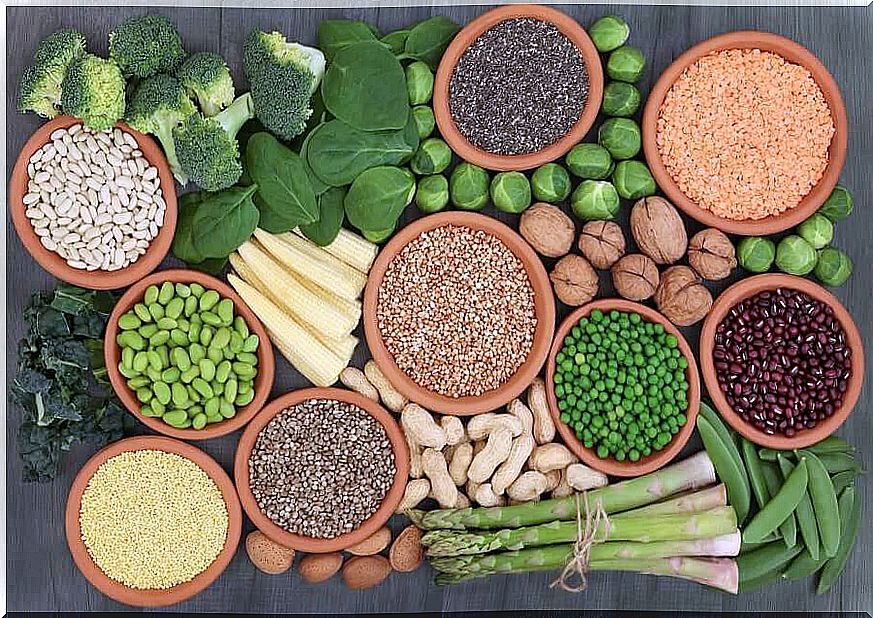
Vegan diets are characterized by the complete elimination of animal products. Therefore, it is necessary to look for vegetable protein sources to meet the basic daily needs of this nutrient. Do you know what are the best plant protein foods?
It is important to note that specialized physicians and nutritionists recommend vitamin B12 supplementation, as it can only be found in animal products. The rest of the proteins and amino acids can be obtained by consuming certain vegetables and cereals.
Foods rich in vegetable proteins
1. Quinoa
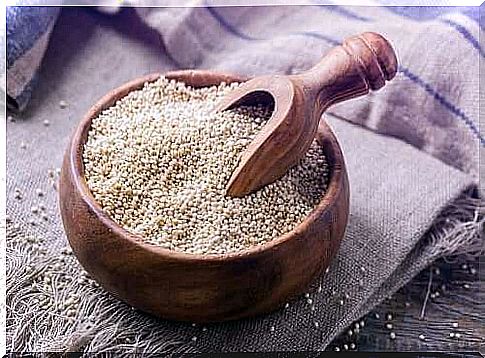
Approximately 15% of its composition is protein. In addition, quinoa contains all the essential amino acids for the body Among its properties
Because it does not contain gluten, it is suitable for regular consumption by people with celiac disease or intolerant to this protein. Furthermore, as it does not contain saturated fat, it is very easy to digest and is an excellent source of fiber, which favors intestinal transit, as well as reducing LDL in the blood.
Quinoa is an excellent alternative to rice, so we can adapt dishes that are traditionally made with this cereal and to increase their protein value. Also, it can be used to make hamburgers or vegetable dumplings, or to be added to yogurt or fresh cheese.
2. Soybeans and derivatives
It is the legume that provides the most proteins, as these constitute 35% of its total composition. It contains essential amino acids for proper endocrine function and minerals such as magnesium necessary for muscle building and carbohydrate metabolism. In addition, its high amount of folic acid and vitamins B1 and B2 stands out.
Among its benefits, we can highlight the reduction of cholesterol and hypertension, as well as the improvement of transit and intestinal flora. Also worth mentioning is its high content of isoflavones, a group of estrogen-like substances that are associated with alleviating the main symptoms of menopause.
Soy can be commercially presented in different formats: soy milk, usually enriched with calcium, in the form of tofu, textured protein or in the form of yogurts and vegetable cheeses. It is generally used as a substitute for meat in the vegan diet, which is why there are many recipes based on this legume.
3. Oats
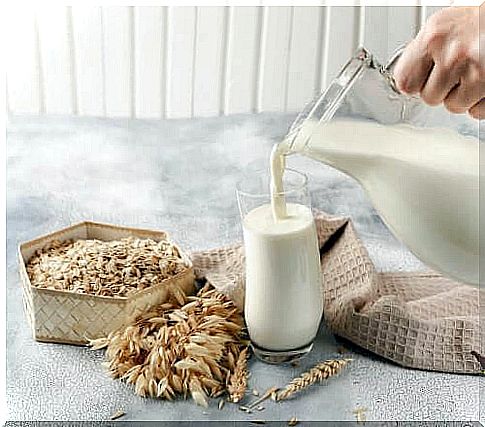
Oat is a cereal with a high content of protein (17%) and fiber (7%).
This food is related to many benefits for the overall health of the body, such as:
- Control of cardiovascular diseases : fiber has a drag action, which contributes to reducing the absorption of cholesterol, regulating LDL levels and blood pressure.
- It favors intestinal transit, thanks to its high content of soluble and insoluble fibers. Its ingestion protects the digestive mucosa and enriches the intestinal flora, thanks to its prebiotic action.
- It favors the resistance of bile salts, exerting a cleansing effect on the gallbladder. This way, it facilitates the elimination of feces, preventing the formation of gallstones and colic.
Oatmeal is a very versatile food and can be consumed in the form of a vegetable drink, with yogurt, in salads, as a base for desserts, replacing wheat flour.
4. Chia seeds
This is not a particularly high-protein plant food, but it does contain the nine essential amino acids, which is why chia seeds are essential in any vegan or vegetarian diet. It also has a high content of omega-3, which is related to the decrease in cardiovascular disease.
In addition, it contains a lot of fiber, which improves intestinal transit and lowers blood cholesterol levels, as we saw earlier. Chia seeds can be eaten as a pudding, with natural vitamins, with yogurt or in a salad.
Be sure to include these foods in your meals if you are on a vegan diet. The protein contribution should be 30% of the total nutrient intake; therefore, these foods will allow you to maintain healthy eating habits.

